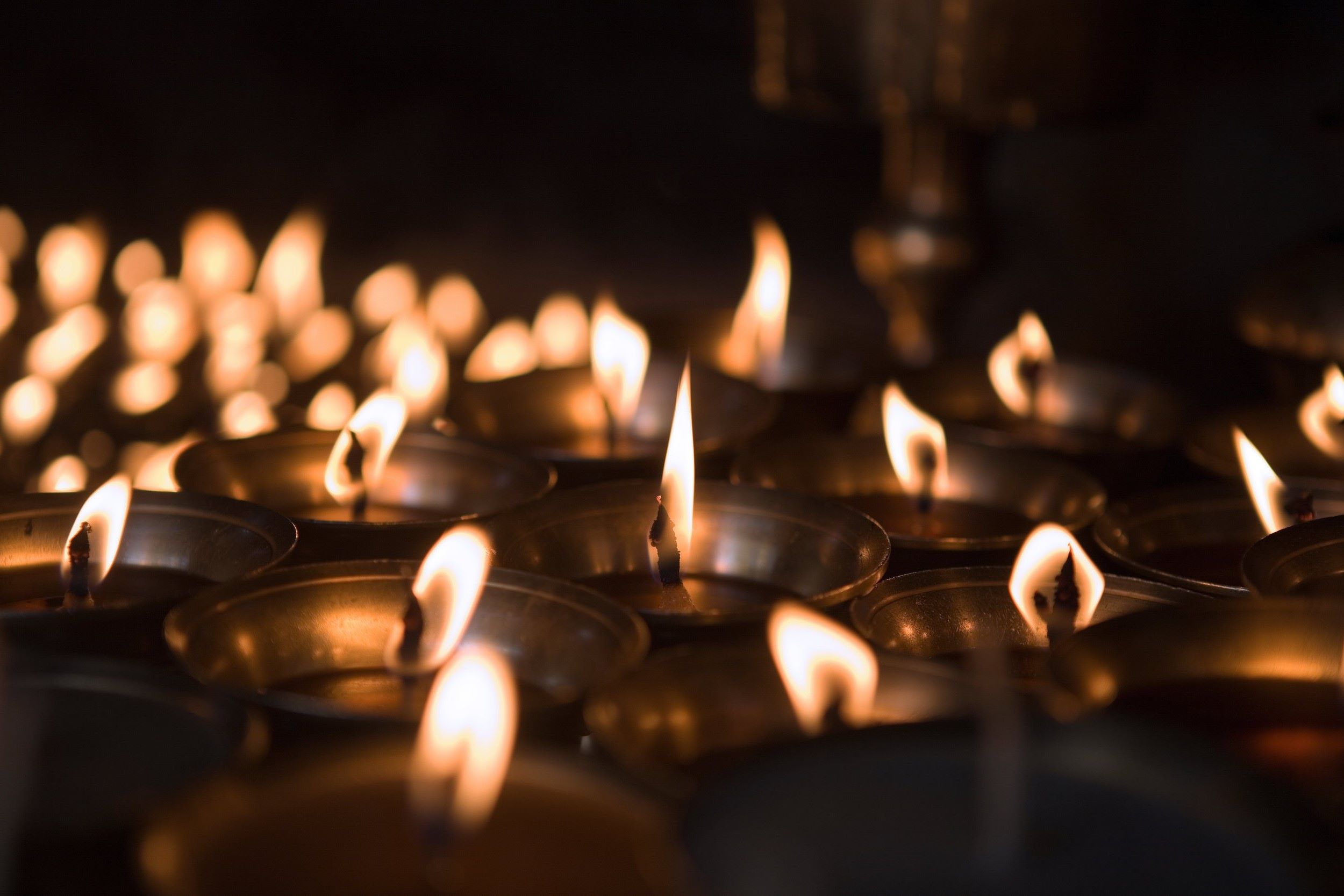Surprising Superstitions In Filipino Culture

Have you ever wondered about the unique beliefs that shape Filipino culture? Superstitions in Filipino culture are more than just old wives' tales; they are deeply rooted traditions passed down through generations. From avoiding sweeping the floor at night to believing that a black butterfly signals a visit from a deceased loved one, these customs influence daily life in surprising ways. Many Filipinos still follow these practices to ensure good luck and ward off bad vibes. Whether you're planning a trip to the Philippines or just curious about different cultures, understanding these superstitions offers a fascinating glimpse into the Filipino way of life.
Surprising Superstitions in Filipino Culture
Filipino culture is rich with traditions and beliefs that have been passed down through generations. Superstitions play a significant role in daily life, influencing decisions and behaviors. Here are some of the most intriguing superstitions you might encounter in the Philippines.
Superstitions About Food
Food is central to Filipino life, and many superstitions revolve around it. These beliefs often dictate how food should be prepared, served, and consumed.
Don't leave the table while eating: It's believed that leaving the table during a meal can bring bad luck or cause a family member to fall ill.
Don't sing while cooking: Singing while cooking is thought to bring bad luck and may result in the food not tasting good.
Don't sweep at night: Sweeping the floor after dark is said to drive away good fortune and wealth.
Superstitions About Death and Funerals
Death and funerals are surrounded by numerous superstitions, reflecting the deep respect Filipinos have for the deceased.
Cover mirrors: Mirrors are covered during a wake to prevent the spirit of the deceased from getting trapped inside.
Don't go straight home after a wake: To avoid bringing spirits back with you, it's customary to stop somewhere else before heading home.
Wear red to ward off spirits: Red clothing is believed to protect mourners from malevolent spirits during funerals.
Superstitions About Weddings
Weddings are joyous occasions, but they come with their own set of superstitions to ensure a happy and prosperous marriage.
Don't try on the wedding dress before the wedding day: Trying on the dress beforehand is thought to bring bad luck to the bride.
Rain on your wedding day: While rain might seem like a downer, it's actually considered a sign of good luck and blessings for the couple.
Breaking something during the ceremony: If something breaks during the wedding, it's seen as a good omen, symbolizing the breaking of bad luck.
Superstitions About Pregnancy and Babies
Pregnancy and childbirth are surrounded by numerous beliefs aimed at protecting both the mother and the baby.
Don't announce pregnancy too early: Announcing a pregnancy before the third month is believed to attract bad luck or harm to the baby.
Avoid lunar eclipses: Pregnant women are advised to stay indoors during a lunar eclipse to prevent birth defects.
Don't cut hair: Cutting hair during pregnancy is thought to shorten the baby's lifespan.
Superstitions About Everyday Life
Everyday activities are also influenced by superstitions, guiding behavior and decisions in subtle ways.
Don't sweep on New Year's Day: Sweeping on the first day of the year is believed to sweep away good fortune for the entire year.
Jumping on New Year's Eve: Jumping at midnight is thought to help children grow taller.
Don't give sharp objects as gifts: Giving knives or scissors as gifts is believed to sever the relationship between the giver and the receiver.
Filipino superstitions offer a fascinating glimpse into the culture's values and beliefs. Whether you believe in them or not, they add a unique charm to everyday life in the Philippines.
Embracing Filipino Superstitions
Filipino superstitions offer a fascinating glimpse into the country's rich cultural heritage. These beliefs, passed down through generations, shape daily life and reflect deep-rooted traditions. Whether it's avoiding sweeping at night to prevent bad luck or believing in the power of amulets for protection, these practices add a unique charm to Filipino culture.
Understanding these superstitions helps appreciate the values and history behind them. They connect people to their ancestors and provide a sense of identity and community. While some may seem quirky or outdated, they hold significant meaning for many Filipinos.
Next time you visit the Philippines, keep an open mind about these superstitions. They are more than just old wives' tales; they are a testament to the enduring spirit and cultural richness of the Filipino people. Embrace them, and you'll gain a deeper appreciation for this vibrant culture.

